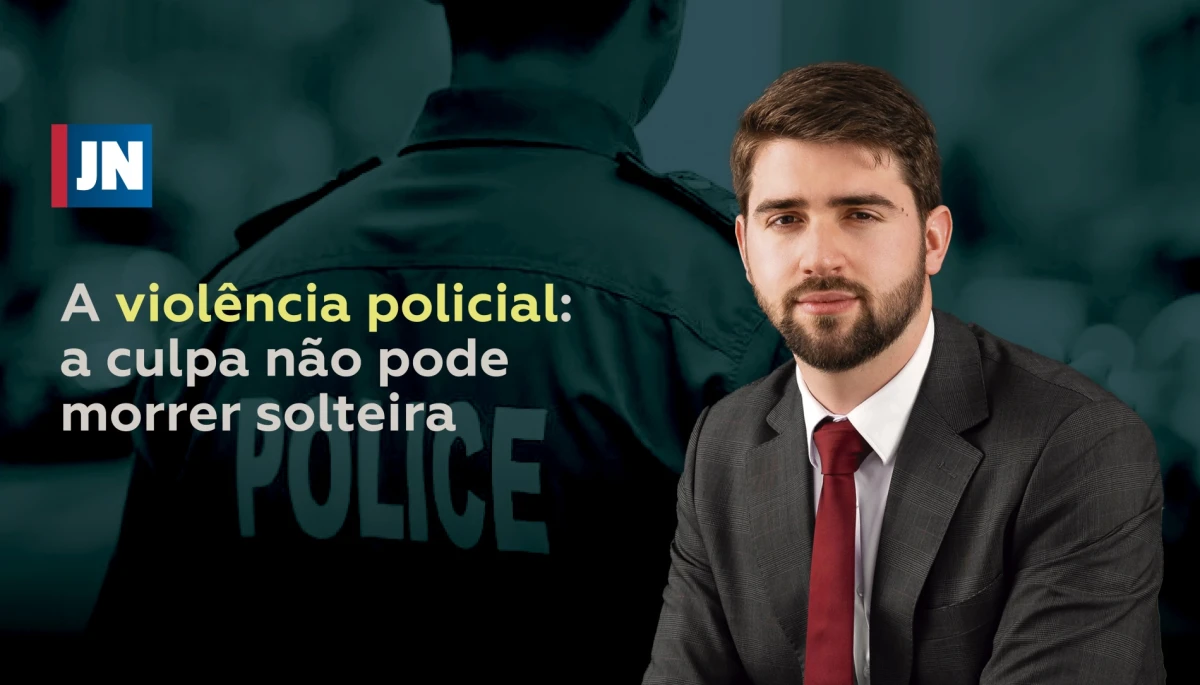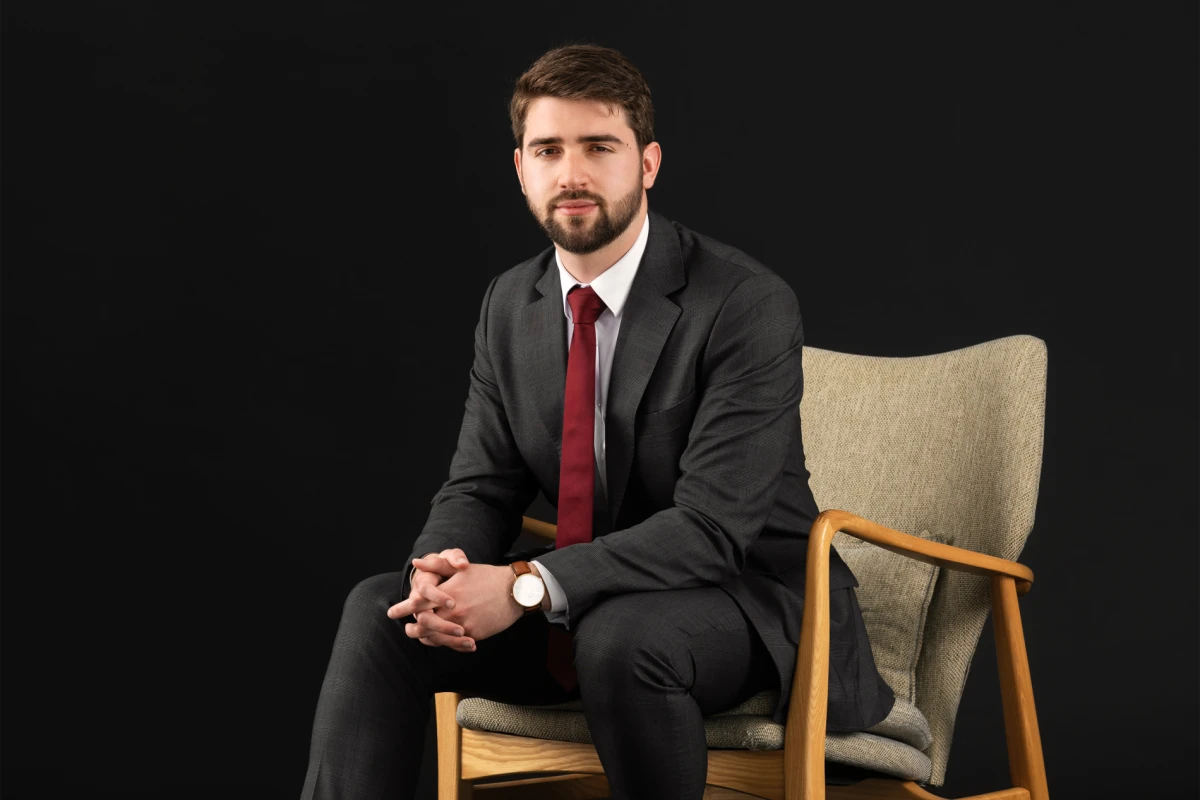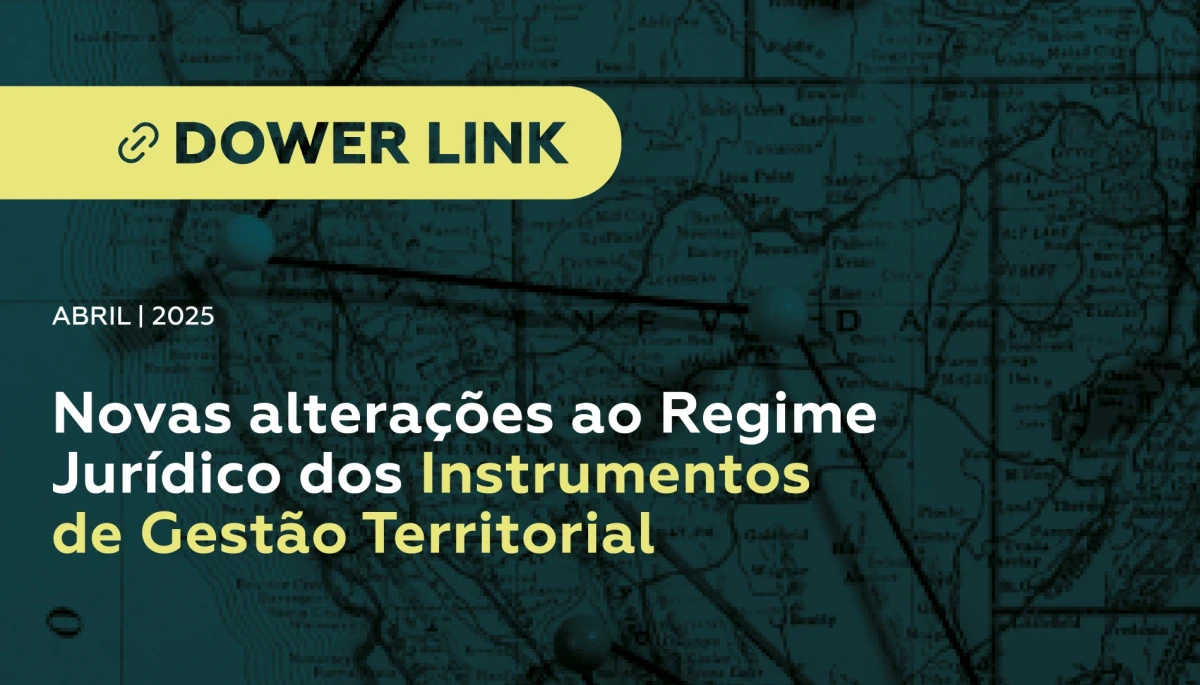
Police Violence: The Blame Cannot Go Unclaimed

Odair Moniz, in October 2024, Ihor Humenyuk, in March 2020, George Floyd, in May 2020, among many others, both here and abroad, are names of those who did not survive excessive and disproportionate interventions carried out by those who have the duty to protect the community and ensure public order. On the International Day Against Police Violence, it is essential to reflect on the path we’ve taken — and the one we still need to follow — emphasizing the need for justice, accountability, and rebuilding trust between citizens and security forces.
In recent years, especially in the aftermath of tragic events that have shaken society, the (polarized) debate around the disproportionate use of force, impunity, and the need for independent oversight mechanisms for security forces has intensified.
On one hand, staunch defenders of security forces, often aligned with ultraconservative and far-right movements, consider these situations mere misfortunes resulting from a more forceful approach, deemed crucial in combating acts of insurgency and rebellion, sometimes violent, committed by citizens who are summarily condemned without being guaranteed the most basic rights of defense. In contrast, especially among sectors of the radical left, generalized and, in many cases, unfair accusations against security forces multiply — who doesn’t recall the unspeakable "A good cop is a dead cop"?
Well, regardless of the arguments shouted on either side, nothing can legitimize death, nor the physical and psychological harm inflicted on any citizen, particularly when the aggressor has the special duty to ensure their protection.
Therefore, it is crucial that the debate on police violence moves away from polarization and focuses on seeking effective solutions, grounded in respect for the most basic and inalienable human rights (such as the Right to Life and Personal Security, enshrined in Article 3 of the Universal Declaration of Human Rights and Article 2 of the European Convention on Human Rights), as well as in the transparency and accountability of security forces.
In this pursuit, we must rethink security forces’ operational strategies, especially in particularly vulnerable environments, such as the so-called Sensitive Urban Zones (ZUS), where police violence, marked by racial discrimination, takes on even more alarming dimensions.
According to data published in the Annual Internal Security Reports (RASI), between 2012 and 2023, security maintenance actions in ZUS doubled — from 9,000 actions to 18,000. The same happened with the number of officers assigned to these areas — from 40,000 to 83,000. This increase in actions and resources has been accompanied by numerous episodes of abuse of power, reported by residents who witness the arrogance of several officers, forced visits, or disproportionate break-ins.
Given the above, the urgency of approving a package of measures to combat police violence is undeniable.
Several entities have directed their efforts in this direction. In 2018, the European Commission against Racism and Intolerance (ECRI) recommended the creation of an independent body to investigate allegations of police abuse and violence, ensuring an impartial analysis of complaints — something that still lacks implementation…
Other entities advocate for the return of community policing in especially vulnerable communities, accompanied by adequate training for police forces — something practically nonexistent in the aforementioned Sensitive Urban Zones…
The State, for its part, has been seeking to contribute to solving this problem, with a significant step forward earlier this year: The Supreme Administrative Court sided with the Government regarding the use of cameras on police uniforms ("bodycams"), and according to the Executive, the implementation process is set to move forward — we shall see…
Nonetheless, we still have a long road ahead. It is up to us, therefore, to steer away from convoluted — and fruitless — debates and remain vigilant, seeking to denounce episodes of police abuse and violence because, ultimately, the blame cannot be left unclaimed…



